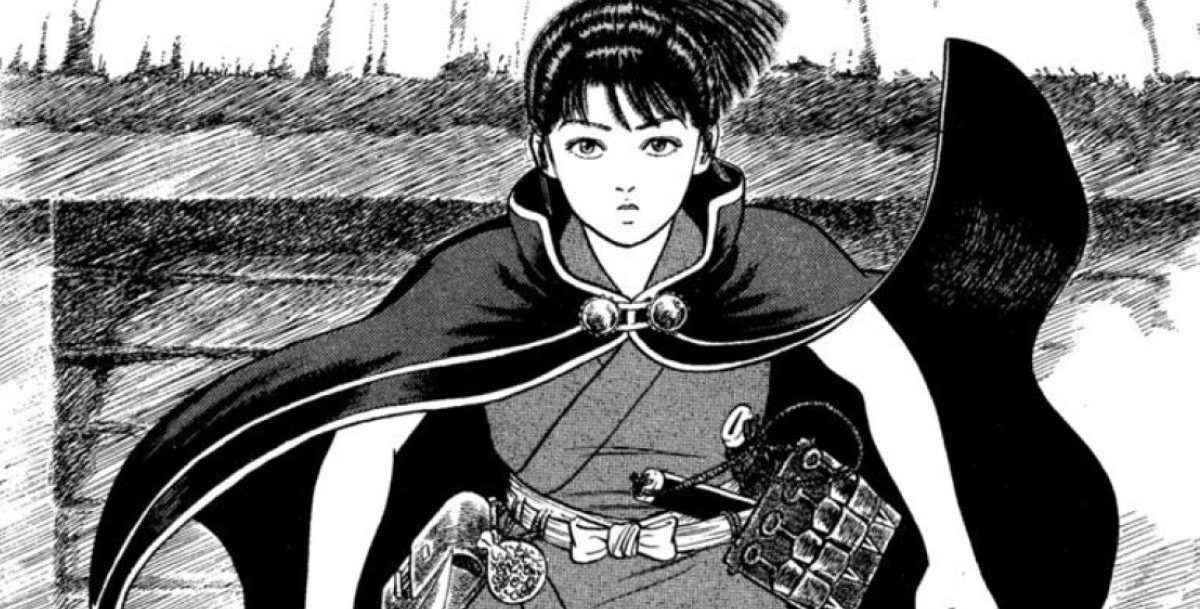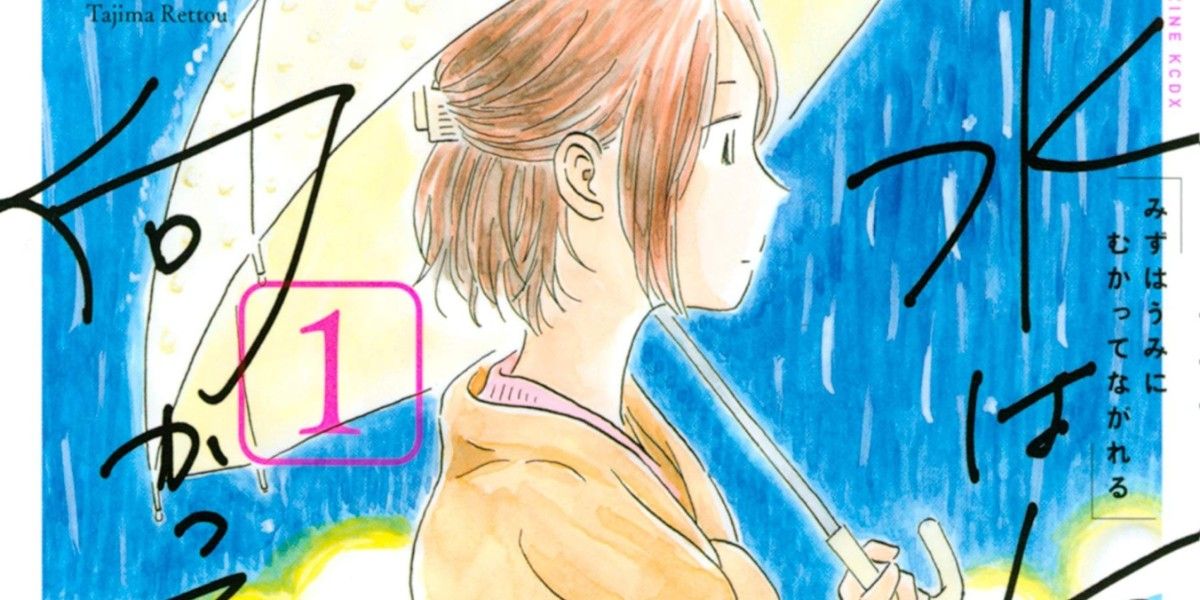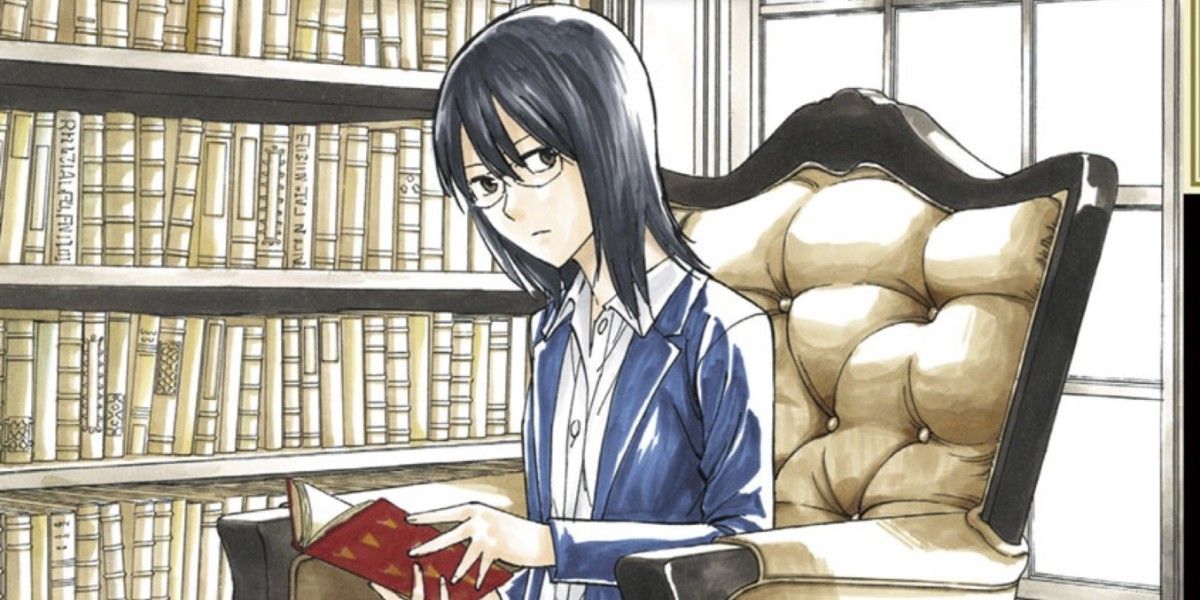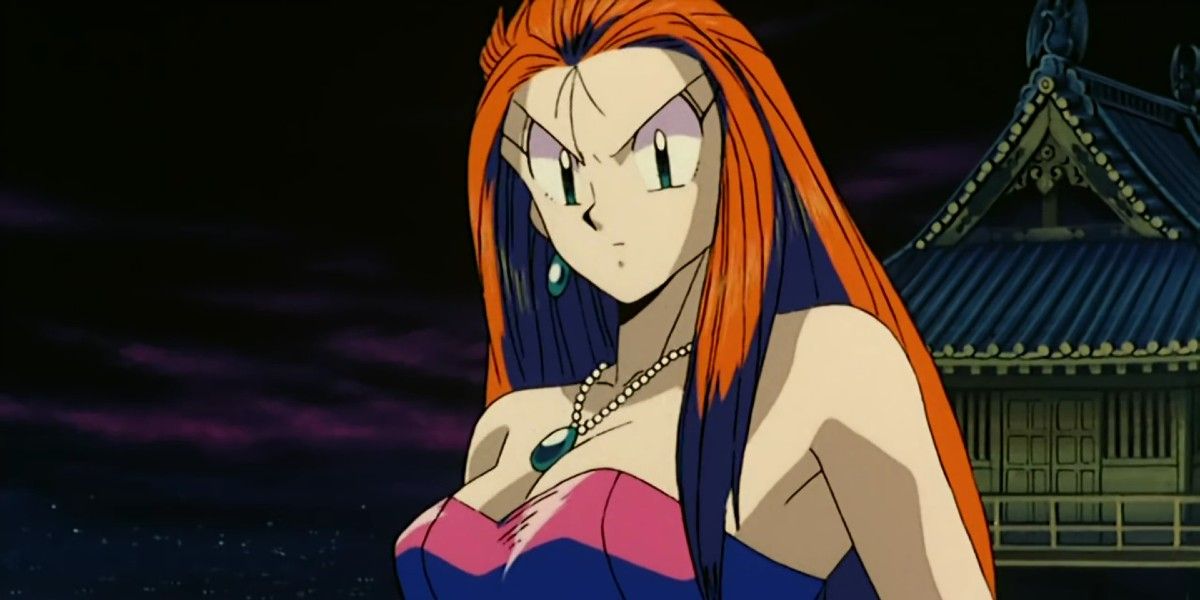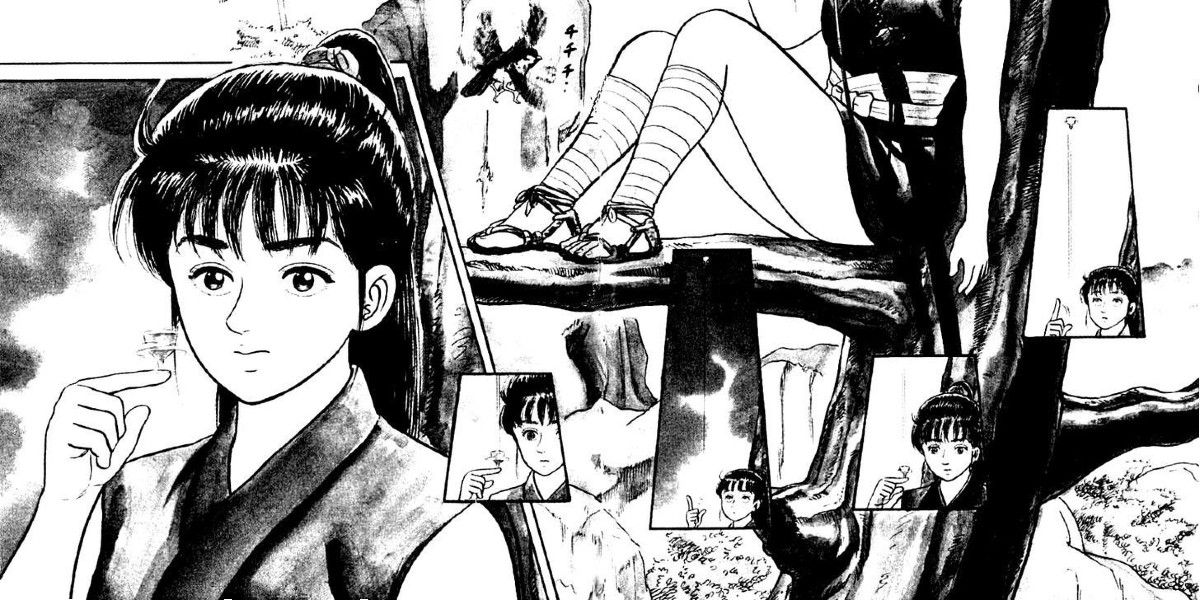There are many factors to consider before a manga can be licensed and released in English. Chief among these are popularity and quality. Prestigious awards like the Shogakukan Manga Award or the Manga Taisho Award give a series a leg up when it comes to crossing over, but that alone won't help it. Similarly, even if a wildly popular manga receives an award, there is no guarantee that it will be published in English. But, despite the odds, here a few titles manga fans hope will get an English release someday.
Midnight Diner by Yarō Abe
Midnight Diner is the embodiment of the idea that food brings people together. In the series, there’s a late-night diner where customers come to enjoy some comfort food from midnight to 7 a.m. in a back alley of Shinjuku.
This manga follows an episodic format, where the story is centered on a food item or a customer's problem. Each chapter ends with the customer learning a life lesson or helping to re-imagine a particular dish. The art can be a bit bland for readers, but what makes this manga worth reading is the simple, heartwarming stories told by characters from various backgrounds, from Yakuza members to transgender couples. It won the 55th Shogakukan Manga Award for general manga in 2010 and the 39th Japan Cartoonist Awards Grand Prize.
Water Flows to the Sea by Tajima Rettou
In this series, Naotatsu Kumazawa moves into his uncle's house to attend a nearby high school. However, he soon discovers that his uncle quit his job as a salaryman to be a mangaka and that he now lives with three roommates. Naotatsu does his best to adjust to this unexpected development, but finds that his uncles roommates are a handful and a half -- especially the ones with secrets.
The artwork is simple and light, inviting readers to assume the series is just a slice of life comedy. However, the true value of this manga comes from its touching story about family bonds and learning to heal from past scars. Although the manga hasn't won an award yet, it was nominated for the 13th Manga Taisho Award in 2020.
Hibiki: Shōsetsuka ni Naru Hōhō by Mitsuharu Yanamoto
On a simple whim, Hanai, a young editor, decides to read a rejected manuscript from a rookie literary contest. The manuscript was disqualified for not meeting contest guidelines, but Hanai believes that this author is the next great Japanese novelist. Unfortunately, there's no contact information aside from the name, "Hibiki Akui." Meanwhile, Hibiki, a 15-year-old, introverted bibliophile, decides to join her high school literature club.
The main protagonist, Hibiki, is a little on the eccentric side: she's so passionate about literature that it often leads to fights about what constitutes "good literature." For example, when the president of the literature club, Rika, disagrees with Hibiki on the merits of a book, Hibiki decides to knock down an entire bookcase just to make her point. Hibiki's depictions of creative writing and literature are similar to how real-life writers portray their craft -- as an expression of a lifelong love of words. This series also does well in tackling current issues plaguing the publishing industry and describing the philosophical side of what it means to be a true writer.
The reason why this manga isn't on the big publishers' radar for English release is unclear, but one can assume it's because the manga caters to a specific audience: bibliophiles. This series won the 64th Shogakukan Manga Award in 2019 and the 10th Manga Taisho Award in 2017.
Ghost Sweeper Mikami: The Great Paradise Battle!! by Takashi Shiina
Mikami runs a ghost sweeping business called the "Mikami GS Company" and she has two assistants: a high school student, Tadao Yokoshima and a teenage ghost girl named Kinu Himuro. Mikami has serious skills, but is solely focused on turning a profit, only doing business with clients that pay a hefty amount of money for MGSC's services.
Ghost Sweeper is told in an episodic format with no major overarching storyline. Instead, each chapter is character-driven, gradually introducing new characters that are witty with their dialogue and have quirky personalities. For example, there's the heroine Mikami, who looks expensive, but is quite frugal and the perverted Tadao, who goes back and forth with his crushes on Mikami and Kinu.
This series won the Shogakukan Manga Award in 1992 and pays homage to Japanese folklore, which wasn't a "marketable feature" for English-speaking audiences during its publication in the '90s. But, now that we have series like Inuyasha, Bleach and Demon Slayer, there shouldn't be any reason as to why this series isn't licensed in English.
Azumi by Yū Koyama
Taking place after the Sengoku Civil War, Azumi follows a young female assassin raised in a secluded village. As Azumi continues to kill those around her, she begins to question whether these killings are justified, especially when she learns that the bandits she killed were people driven to steal because they lost their jobs as samurai and mercenaries.
Azumi is quite gory: every chapter has graphic scenes filled with violent battles and bloody deaths. Yet what makes this manga a worthy read is that it makes readers contemplate morality. Azumi, despite her upbringing, has a strong sense of right and wrong. She kills people that are driven by greed and obsession, realizing the danger they present is one the world could do without, while also coming to understand that her own occupation is questionable, at best.
Similar to Ghost Sweeper, Azumi is heavily steeped in Japanese culture and traditional themes, which may have not appealed to English-speaking readers in the '90s, but now, this manga series is highly relevant, especially considering its powerful female protagonist. Azumi won the Excellence Prize at the 1997 Japan Media Arts Festival and the Shogakukan Manga Award in 1997.

